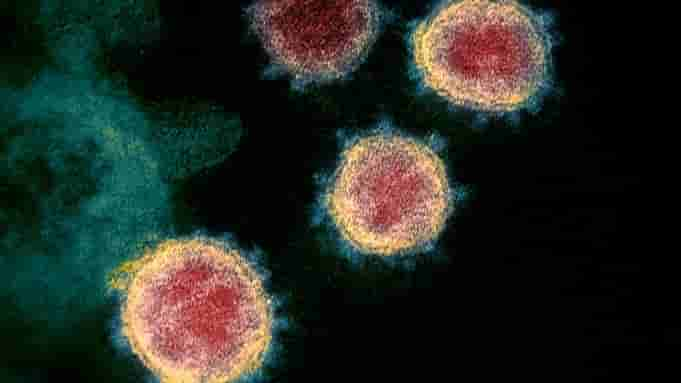The new COVID variant, Mu, which still requires more studies and research to confirm whether the available vaccines would be effective against it, is said to be spreading in the U.S. This comes as the country is already grappling with increasing COVID-19 cases driven by the Delta variant.
According to an announcement by the Los Angels County Department of Public Health on Friday, the Mu variant has been detected in Los Angeles County since mid-June. From June 19 to Aug. 21, the Department discovered the Mu Variant in 167 samples, Forbes reported.
Although the Mu variant accounts for just less than a percent of COVID-19 samples that have been studied in California and the U.S., it’s evident that the variant has been in the country since the start of summer, said the report.
Just this Friday, the Los County Department of Public Health said that there are additional 37 deaths and 2, 673 cases related to the COVID-19 virus. Vaccination rates are still too low in parts of the United States. Less than 60% of people in California are fully vaccinated even though it has had the higher rate of vaccinated people across the country.
WHAT IS MU VARIANT?
The Mu variant isn’t really new. It was first found in Columbia back in January 2021 and has since spread to at least 39 countries. Until recently, it’s been addressed as the B.1.621 SARS-CoV-2 variant. But on Aug. 30, the WHO placed this variant on its “variants of interest” list.

In a CNBC news segment regarding this variant, it was stated that the Mu variant shouldn’t be a surprise since the COVID-19 virus is continuously mutating, reproducing, and making new copies of itself. And as the virus spreads and reproduces, more variants will be discovered.
Right now, as the Delta variant is leading to an alarming surge in coronavirus cases and deaths in many parts of the world, the Mu variant is still a mystery and not much has been known about it. But the P681H mutation, also found in the Alpha variant, can possibly help the virus enter cells more readily hence becoming more transmissible. Although this is not yet clear and still needs further study.
Two other mutations, the E484K and K417N, found in the Beta variant, could help the virus evade antibodies, as the publication in the scientific journal Nature described in February. If this is the case, then the protection from available vaccines may not be as effective.
The Mu variant has another mutation, the R346K and Y144T, that may or may not affect the virus’ capability to evade vaccines. More studies are still needed to confirm what it can really do. It is difficult to say if available vaccines are effective against this variant unless the variant spreads quickly in a population of vaccinated people.
The Mu variant is just a reminder that it is important to still be socially distant and use face masks. The virus is still spreading across the whole U.S., experts said


